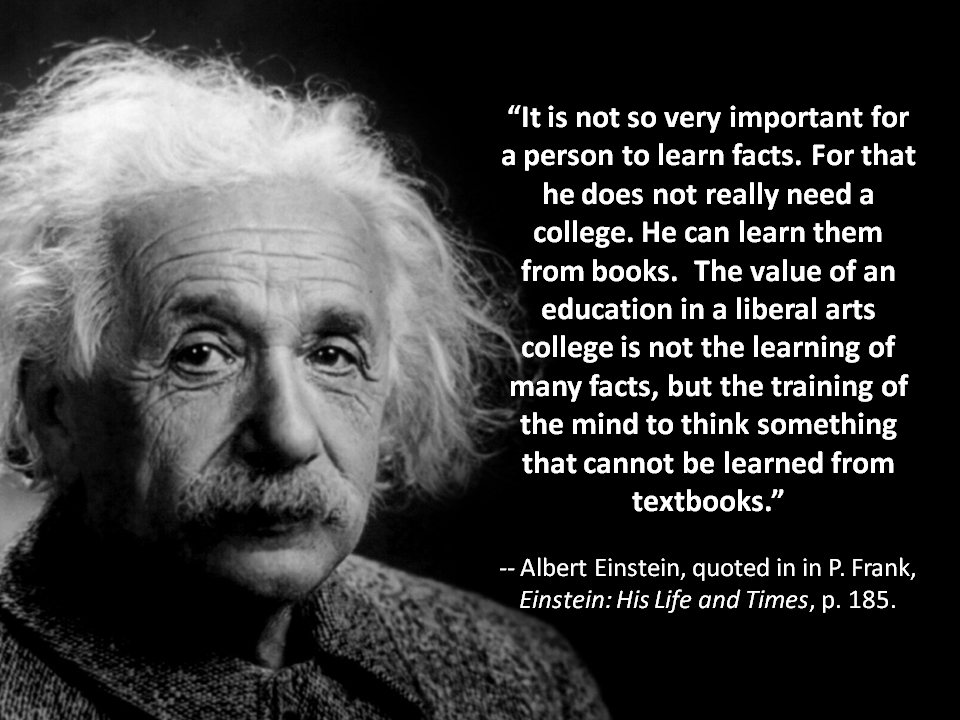Wikipedia has been making headlines again. If you haven’t seen it yet, read the article about how someone as a student edited the Wikipedia entry about Amelia Bedelia as a prank, only to encounter it tweeted as fact years later.
The second part of the title of this post comes from an article about the tendency of students to try to hide their plagiarism by using a thesaurus, with frequently hilarious as well as unintelligible results.
Both of these points are relevant to those working in education and concerned with students gaining information fluency competencies and other related research skills.
There have been quite a number of articles online recently related to one or both of the above topics. Here are some that caught my attention:
In a recent piece in Religion Bulletin, Matt Sheedy suggested an assignment involving Wikipedia.
Inside Higher Ed looked at academic urban legends and how they relate to citation practices. See also their piece on liberal arts majors and the need for their professors to help them transition to the workplace.
Hacking Christianity offered a message for churches that drew on the example of how Wikipedia has successfully supplanted the traditional encyclopedia.
The Society for Classical Studies offered a response to recent suggestions that the liberal arts are dying if not dead.
IO9 had a piece arguing that critical thinking cannot be reduced to a set of skills. Chad Chambers discussed ways that educators may unintentionally teach uncritical thinking.
Science 2.0 featured research arguing that it might be possible, within limits, to have an automated Bayesian system that evaluates the quality of Wikipedia articles. The articles notes, however, that this would only work if one could assume that people are not deliberately ruining articles, and that assumption is one that will probably never be safe when it comes to Wikipedia.
Doug’s Archaeology has had posts arguing that archaeologists ought to embrace Wikipedia, and integrate it into the classroom.
The LA Times had a piece about the possibility that Facebook is not an effective venue for serious discussion of politics and other such topics. Think Progress had a post on a similar theme.
The ACRL has a new Framework for Information Literacy document. There has already been some online discussion of it, such as the posts by Meredith Farkas and Lane Wilkinson.
When you see the price and availability of a volume that looks interesting, such as Fundamentalism and the Bible, it is natural to seek something cheaper if not free, and available online, on the same topic (for instance, Sam Rocha’s recent blog post).
And finally, a quote attributed to Einstein:













